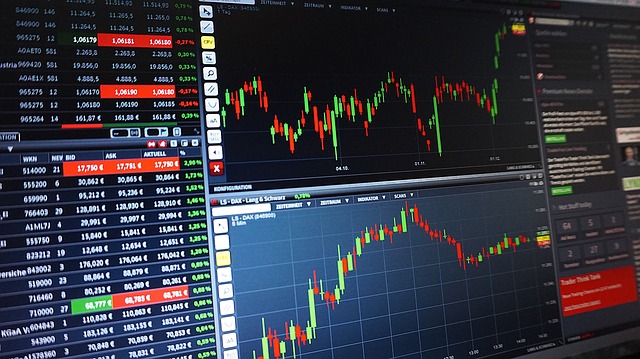8 basic terminologies you must know as a trader
The Forex market has a lot of industry-specific terminology. Newmarket participants join the market and feel the necessity to learn the different Forex terms. Without knowing about them, no one can deal with the instruments necessary for executing trading. Besides, all the measurements and concepts in Forex differ from other traditional business platforms. So, to exchange foreign currencies, one must familiarize oneself with all the basic terms related to the Forex market.
Common Forex Terminologies
In this article, we will go through some of the most common, yet elusive trading terms and their meanings.
- Pip
Pip stands for Percentage in Point. A pip in Forex is a typical measurement of the spread of the price of a currency. While most mediators or brokers nowadays go to the 5th decimal point, a pip shift happens at the 4th decimal. For instance, 0.0001 is counted as one pip and 0.0002 is a one pip increase.
- Spread
The spread is the gap between the ask price and the sell price of a currency. This gap is the spread a trader will pay while executing a trade. This is important for any trader to perceive as every market and currency will possess different spreads.
The spread can tremendously cut into a person’s trading loss and profit based on a lot of factors. These involve the market they are trading in and the strategy he is deploying.
- Ask and Bid Price
The ask and bid prices can differ massively based on what currency pair a trader is trading. The trader has to pay the Ask price while buying a currency. This price is always slightly higher and possesses the spread range from the broker.
The trades sell their assets at the bid price and the lower between two quotes. So, you can clearly see that these two terms are very important when it comes to trading. Try to find the best options trading broker in the UK and you will notice that your trades are executed without zero slippage. This will definitely improve your trading performance in the long run.
- Volume
Volume in the trading terms refers to the total amount anyone wants to trade. Volume is always traded in various lot sizes.
How much a trader will gain, or lose will be determined by the volume size they trade with.
- Lot Size
Lots refer to the trade size. A standard lot is around 100,000 units of a currency. For instance, if anyone is about to trade the dollar with any other currency, he is actually about to trade 100,000 dollars of the other currency. There are smaller lot sizes that will allow a trader to buy a contract with a smaller amount than 100,000 units.
Brokers generally provide micro lots and mini lots which amount to 1,000 and 10,000 respectively.
- Slippage
At times, a trader will find that the rate he tried to buy a contract at was not the rate he had his order executed at. This is called slippage.
The biggest factor that causes slippage in the market is the massive volatility. This can occur because of news releases or market shocks.
- Bulls and Bears
If an investor finds himself on the bearish and bullish side of the market, he is either profiting or losing. When the price of a currency rises, it refers to a bullish move. It refers to a bear when the price is likely to plummet.
For instance, a bullish investor might say that he has entered a long trade with a robust trend higher.
- Going Short/Long
If you read different blogs on trading on forums, you would know that traders speak of going long or short. This happens because, while trading CFDs, profits can be made from price shits towards both lower and higher positions.
When an investor goes short, they are looking for the selling price to go lower.
There are numerous trading terms related to the Forex market. Once you have a profound grasp of them all, executing different operations will be easier for you.




